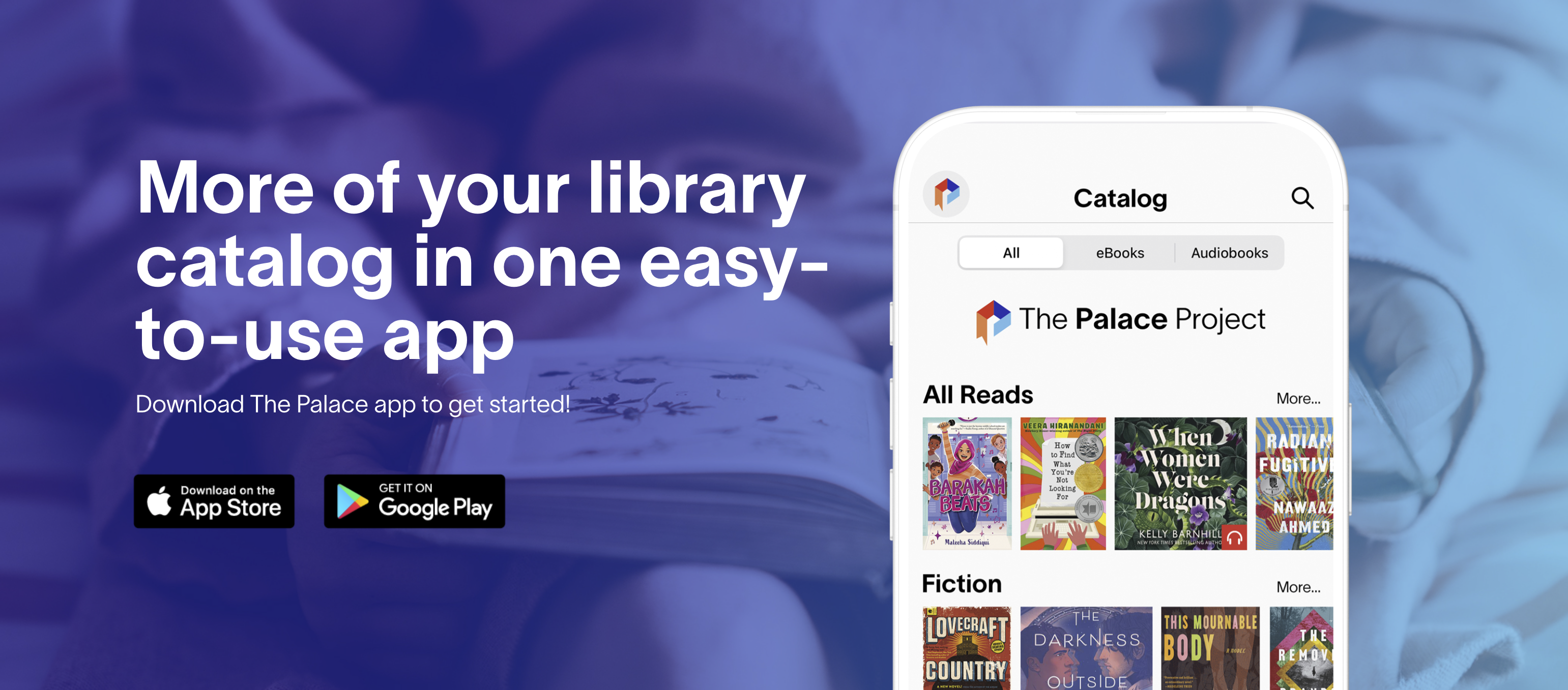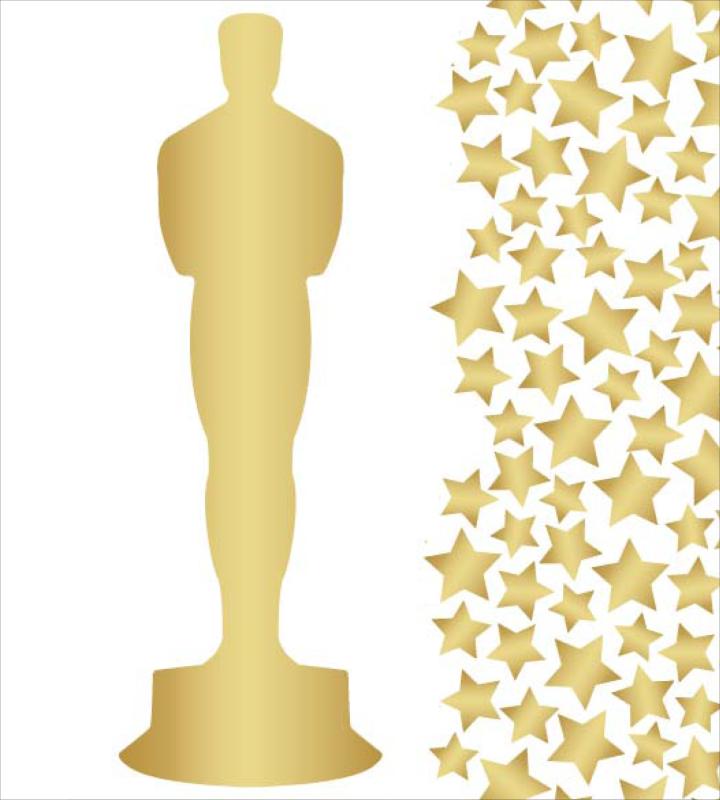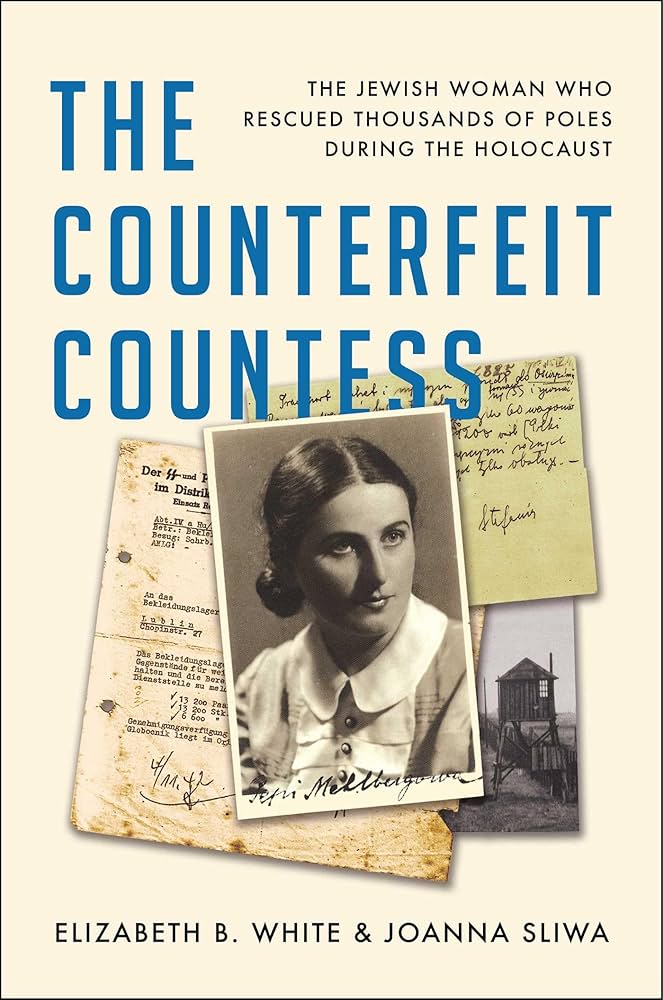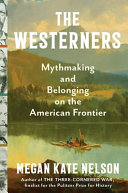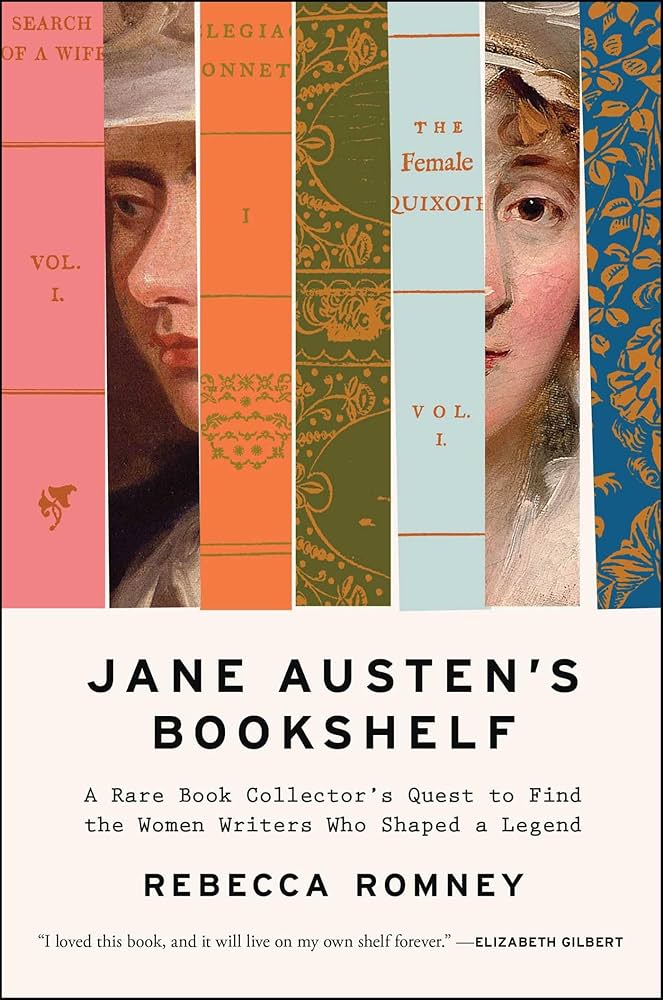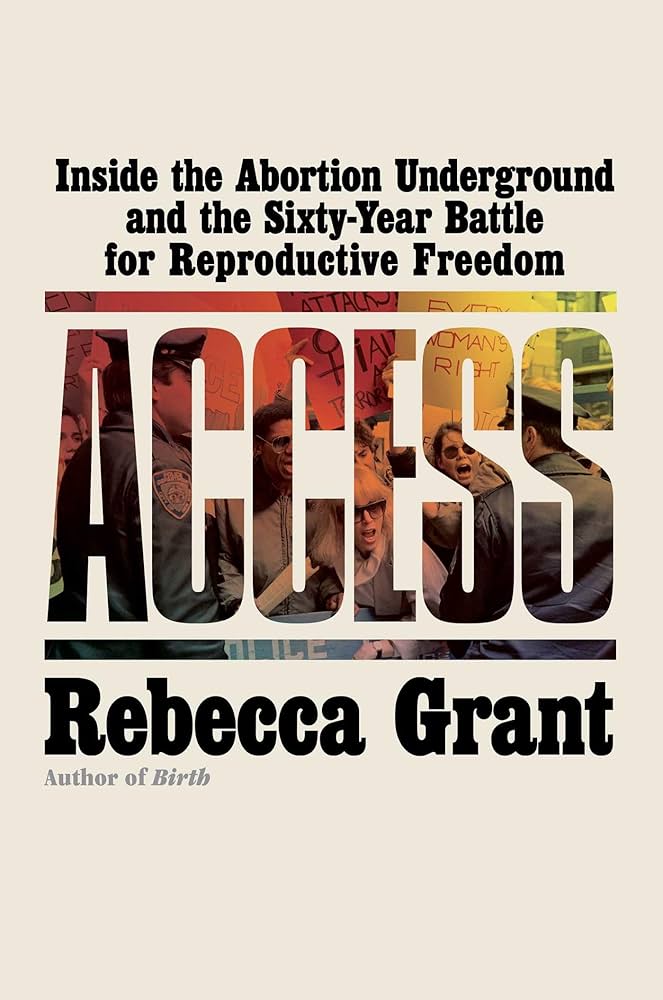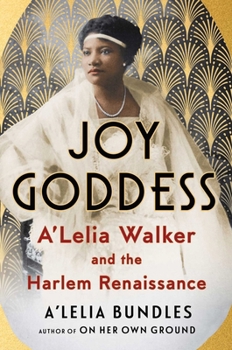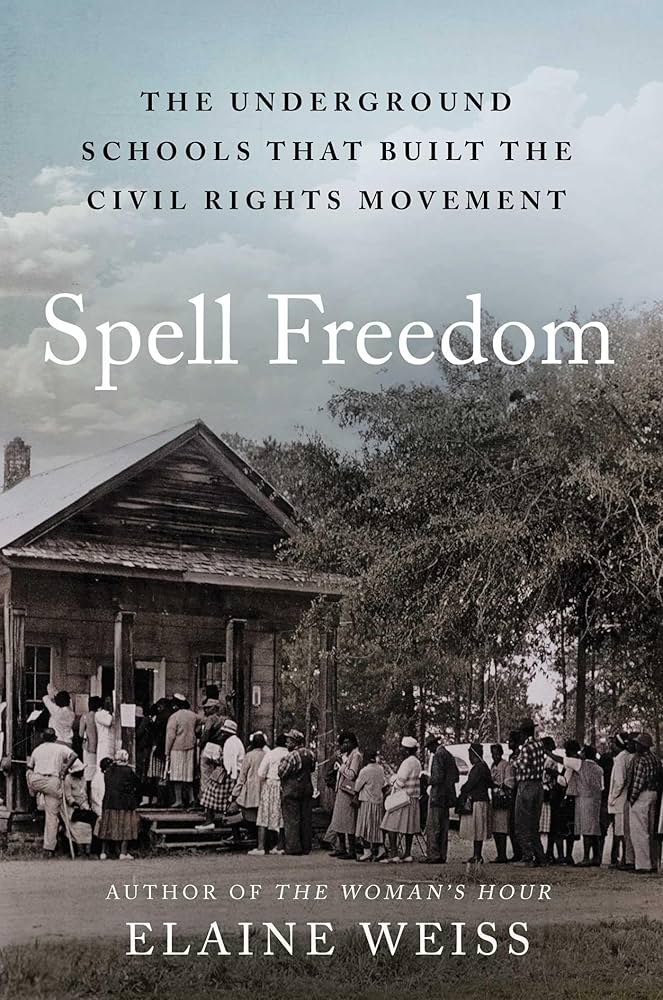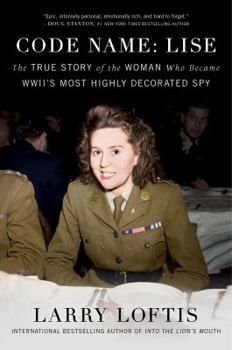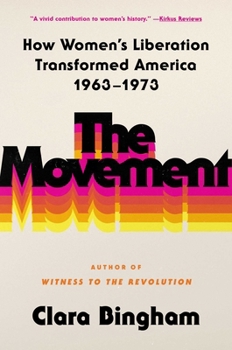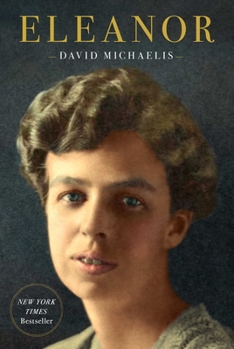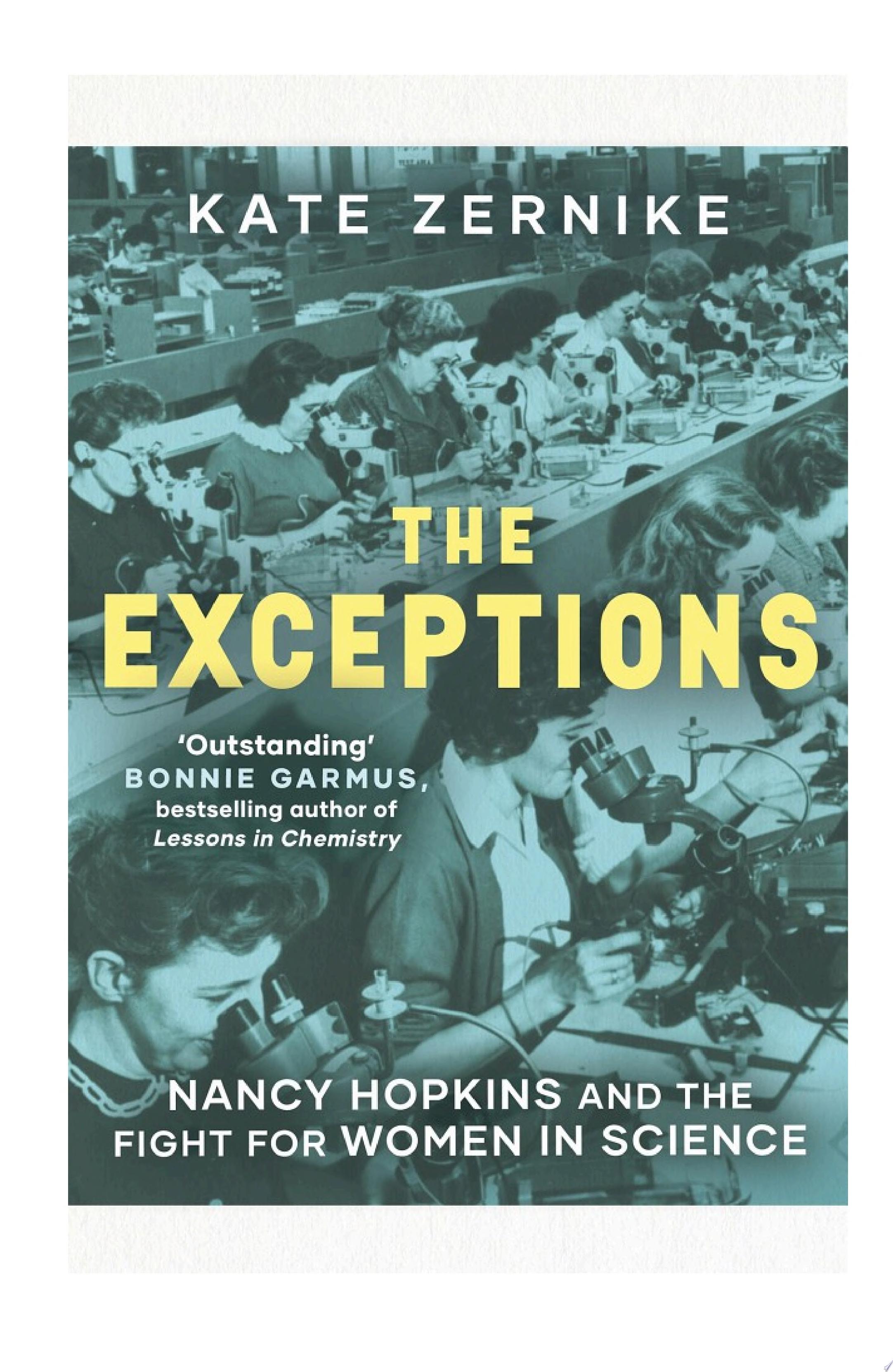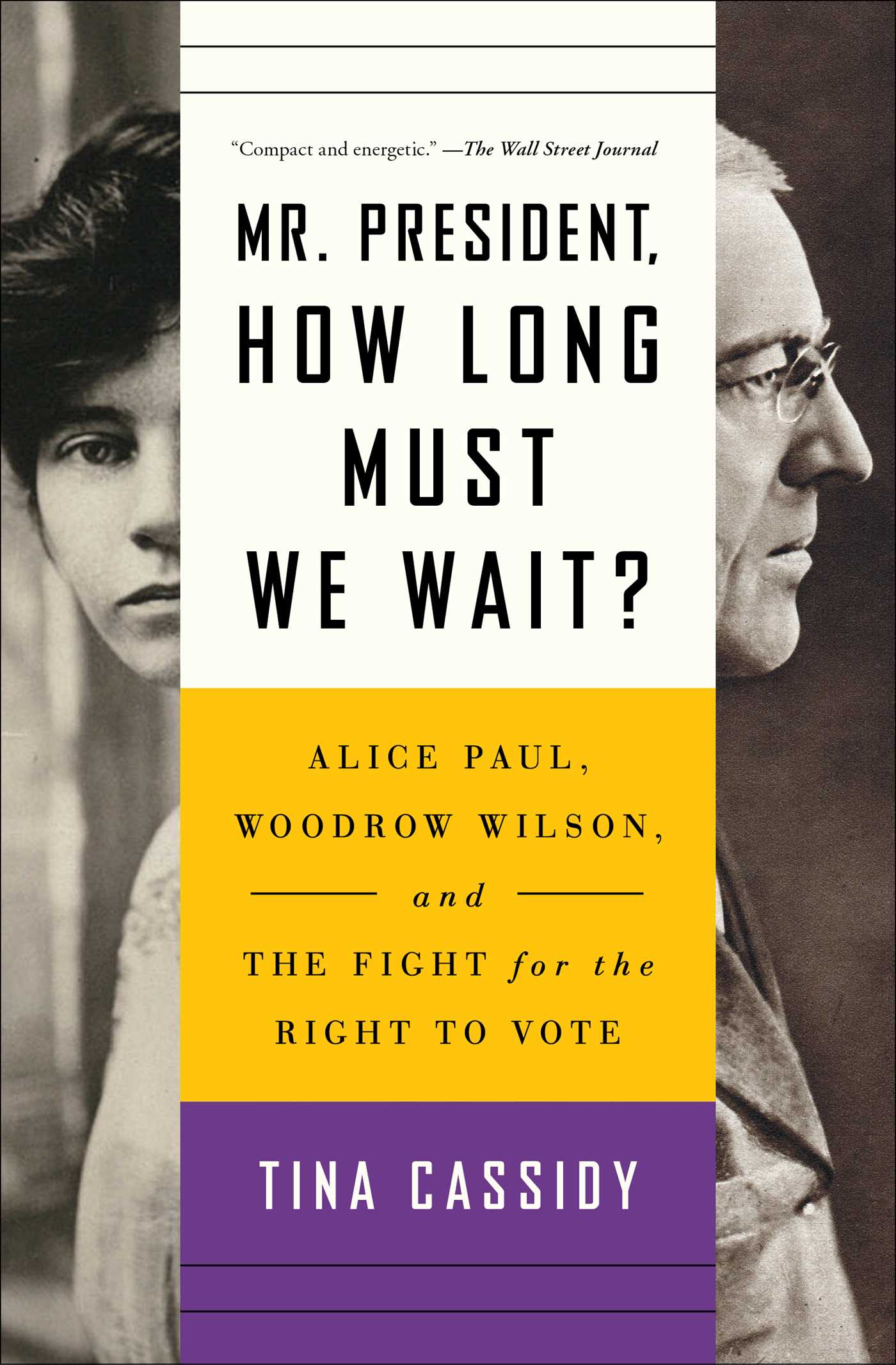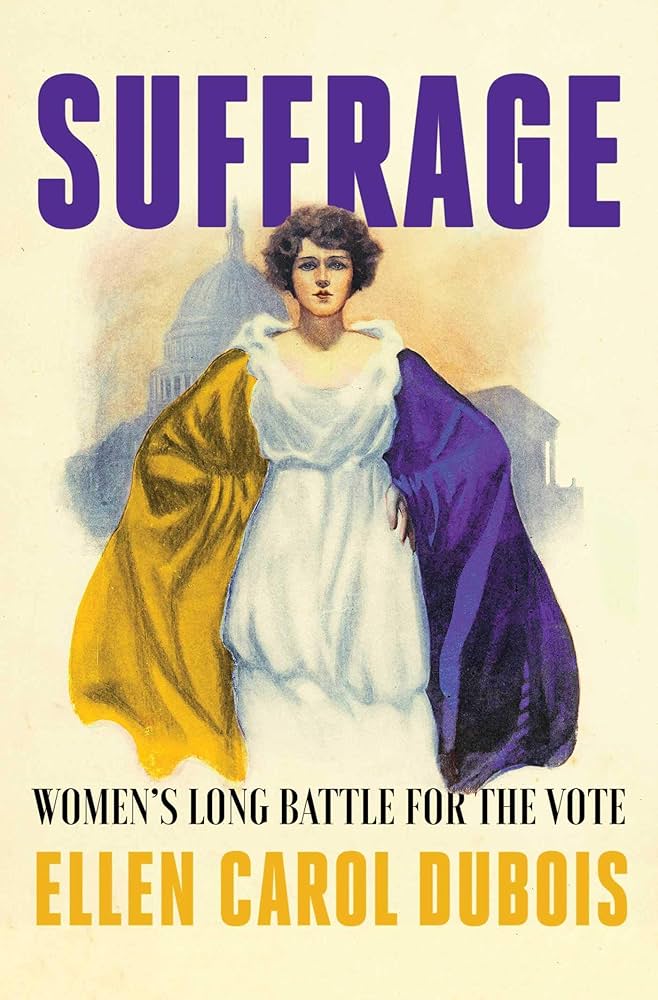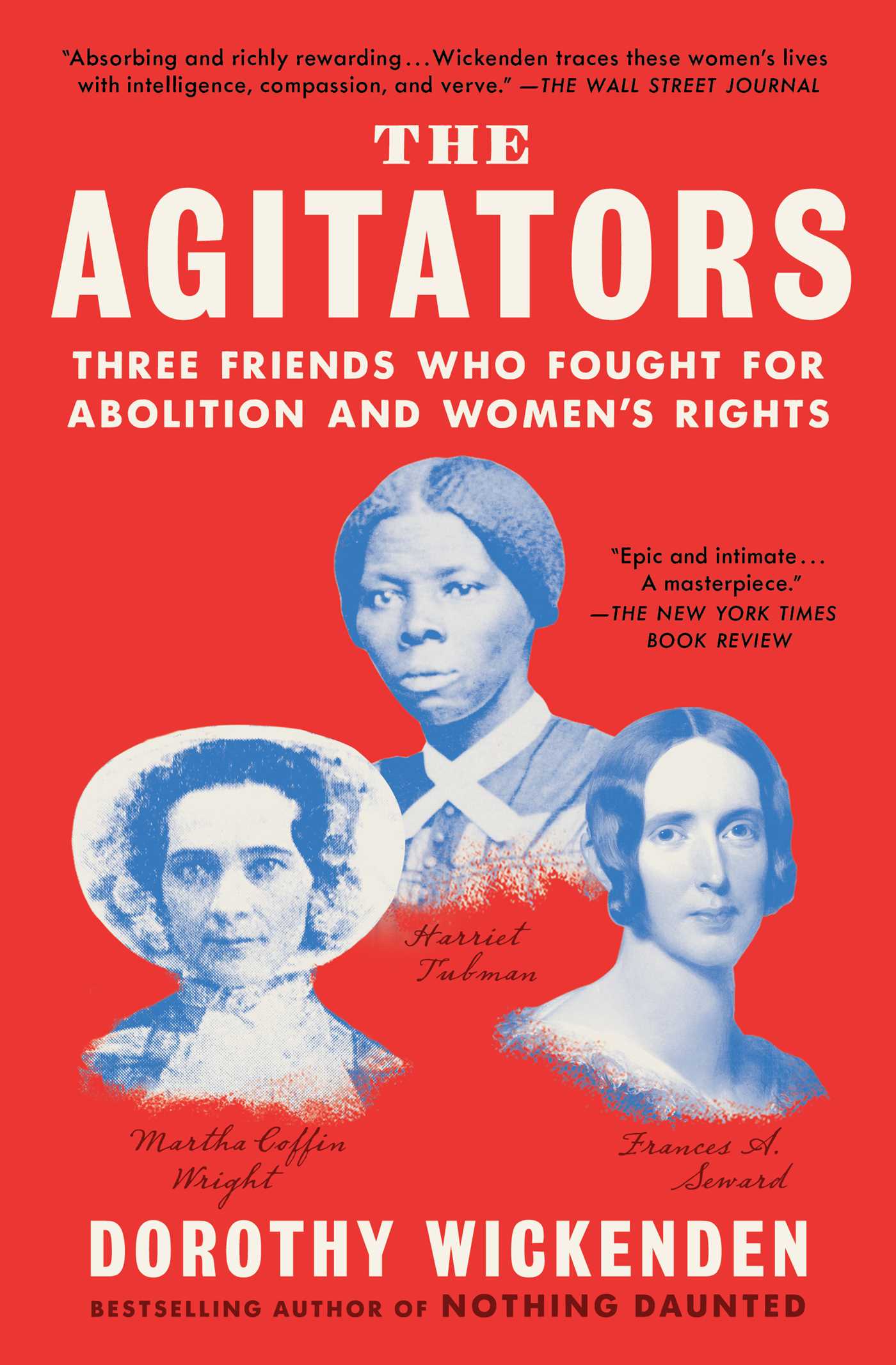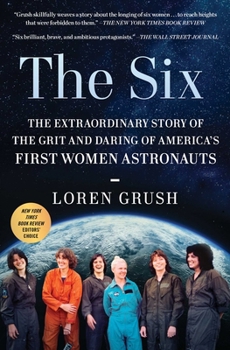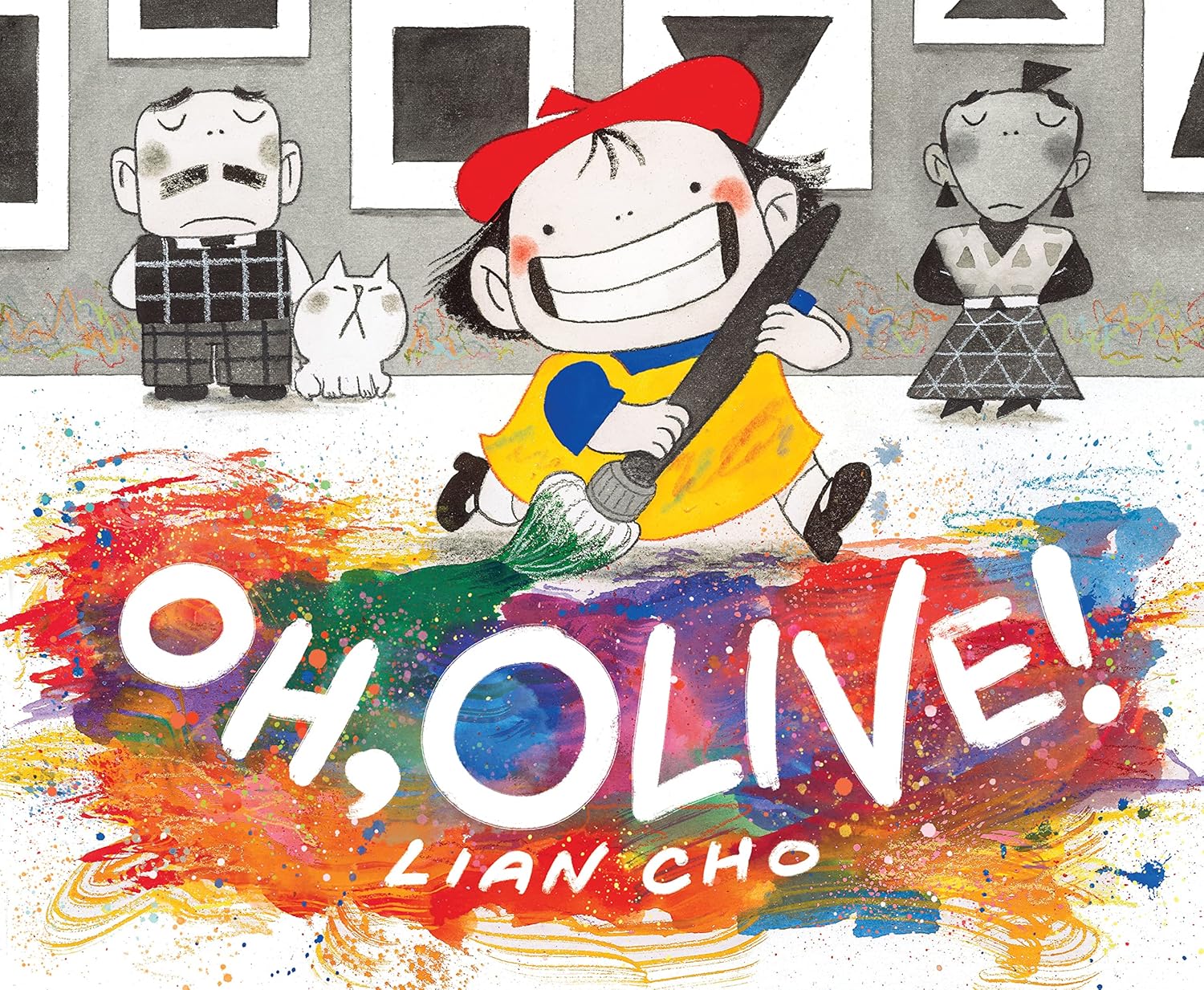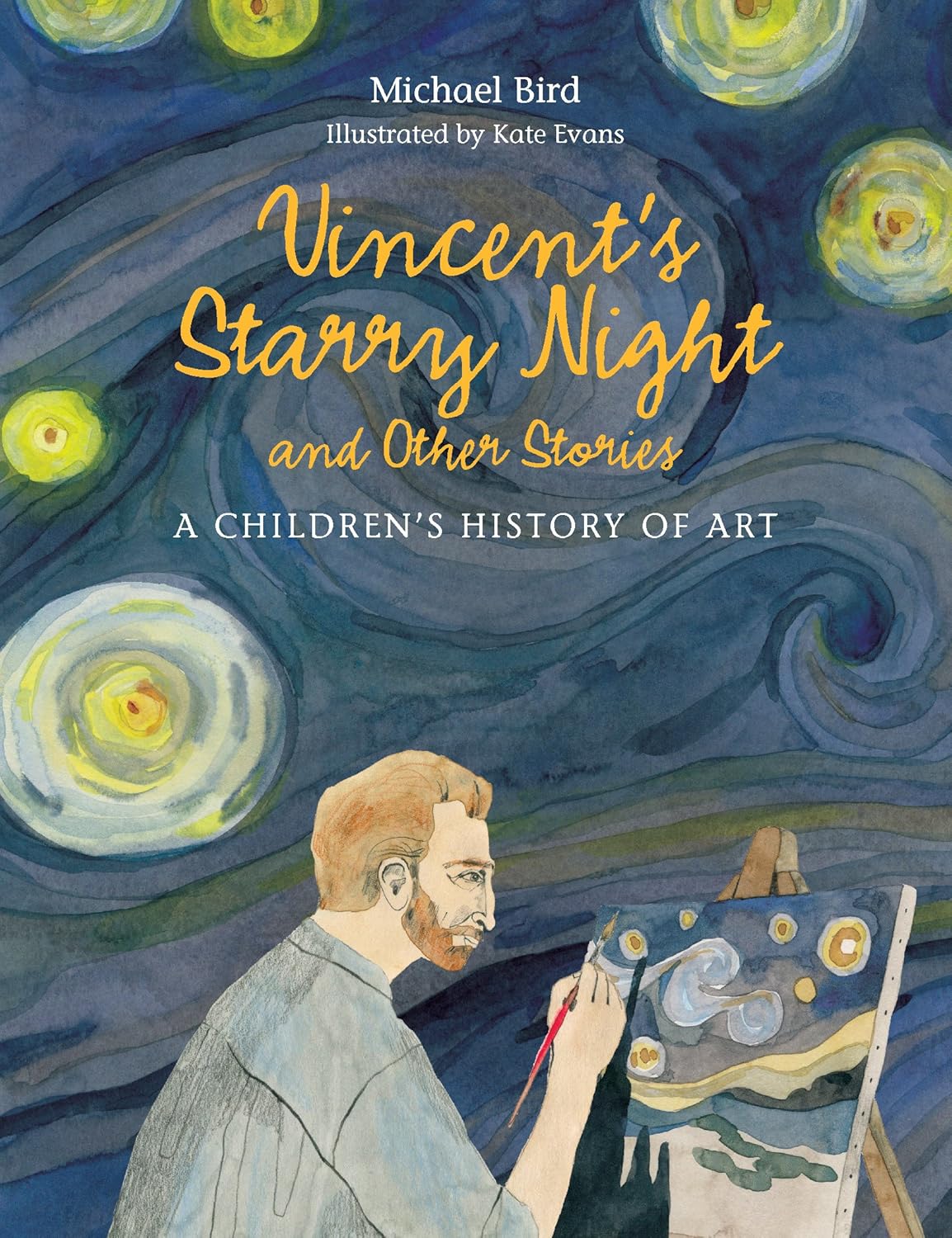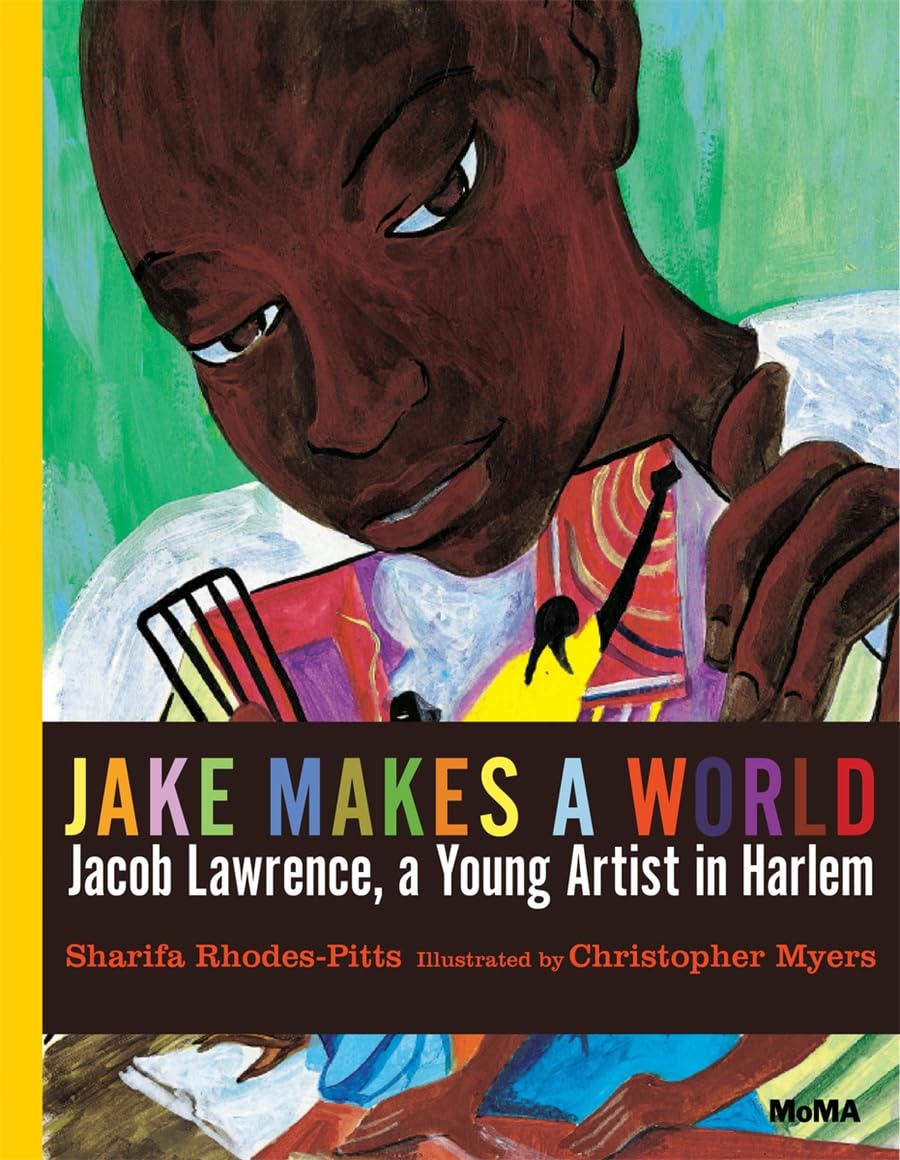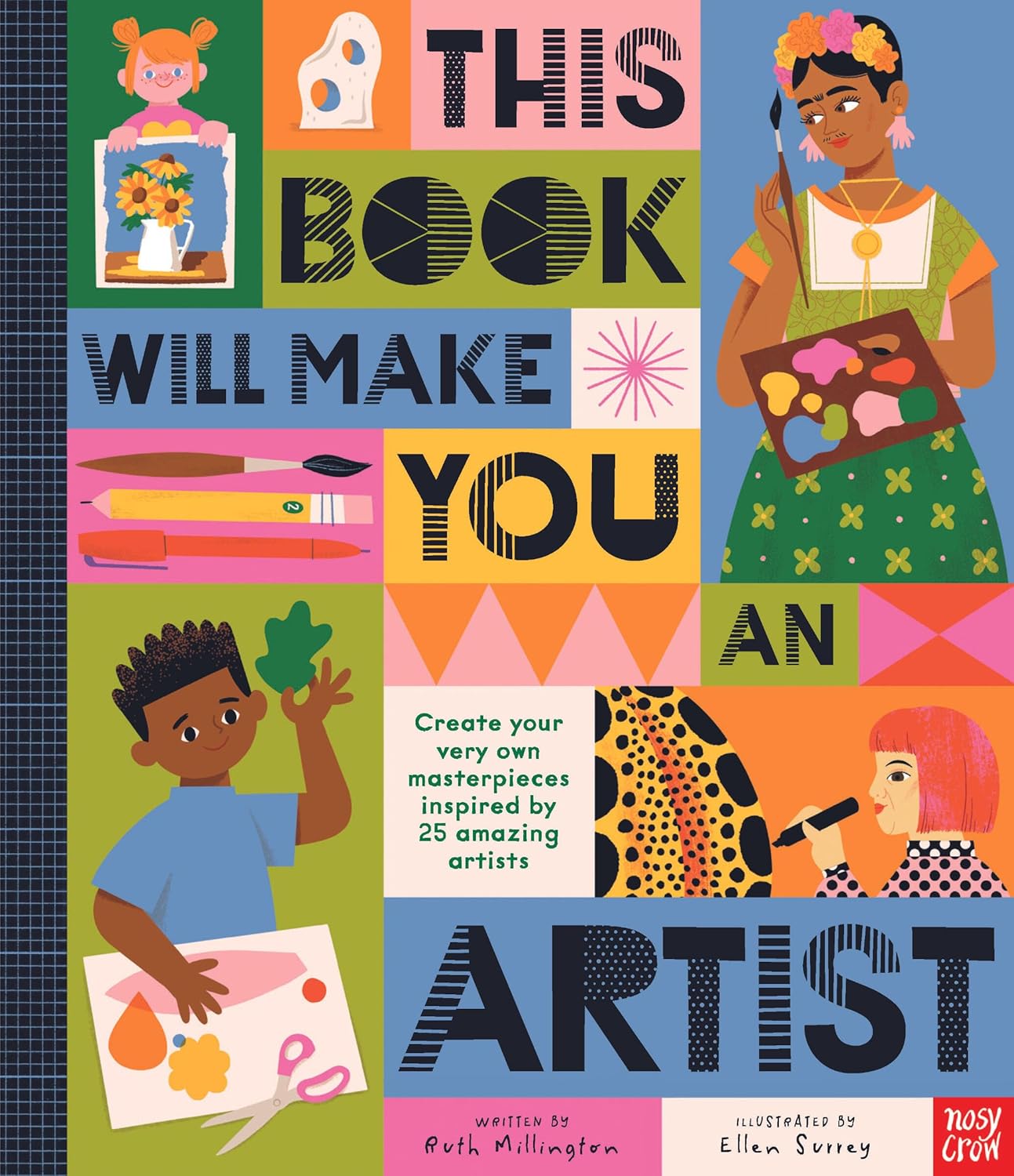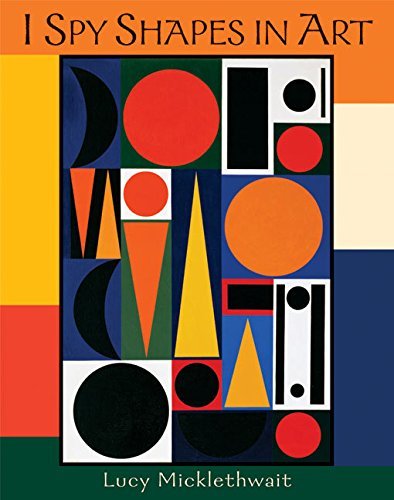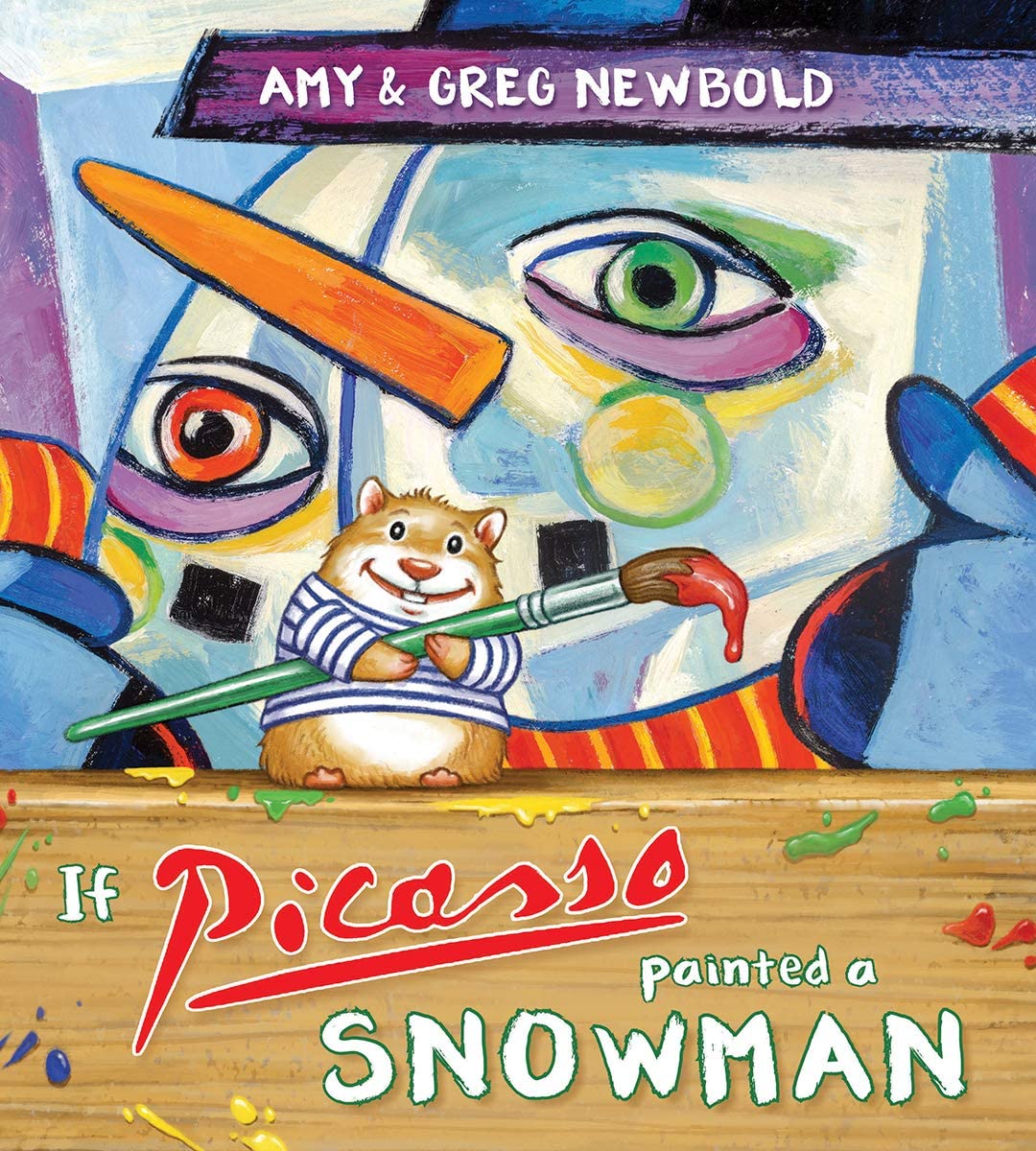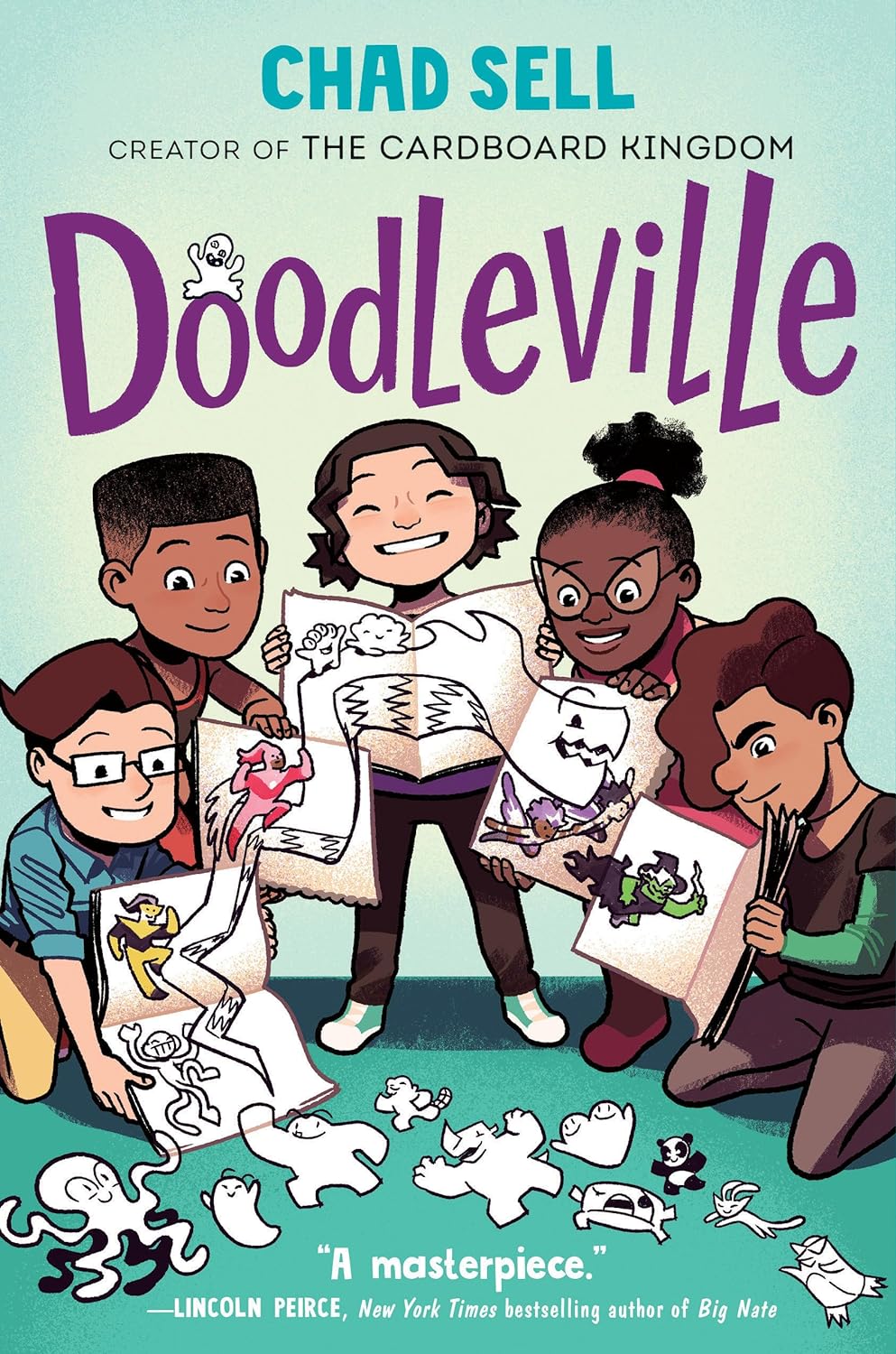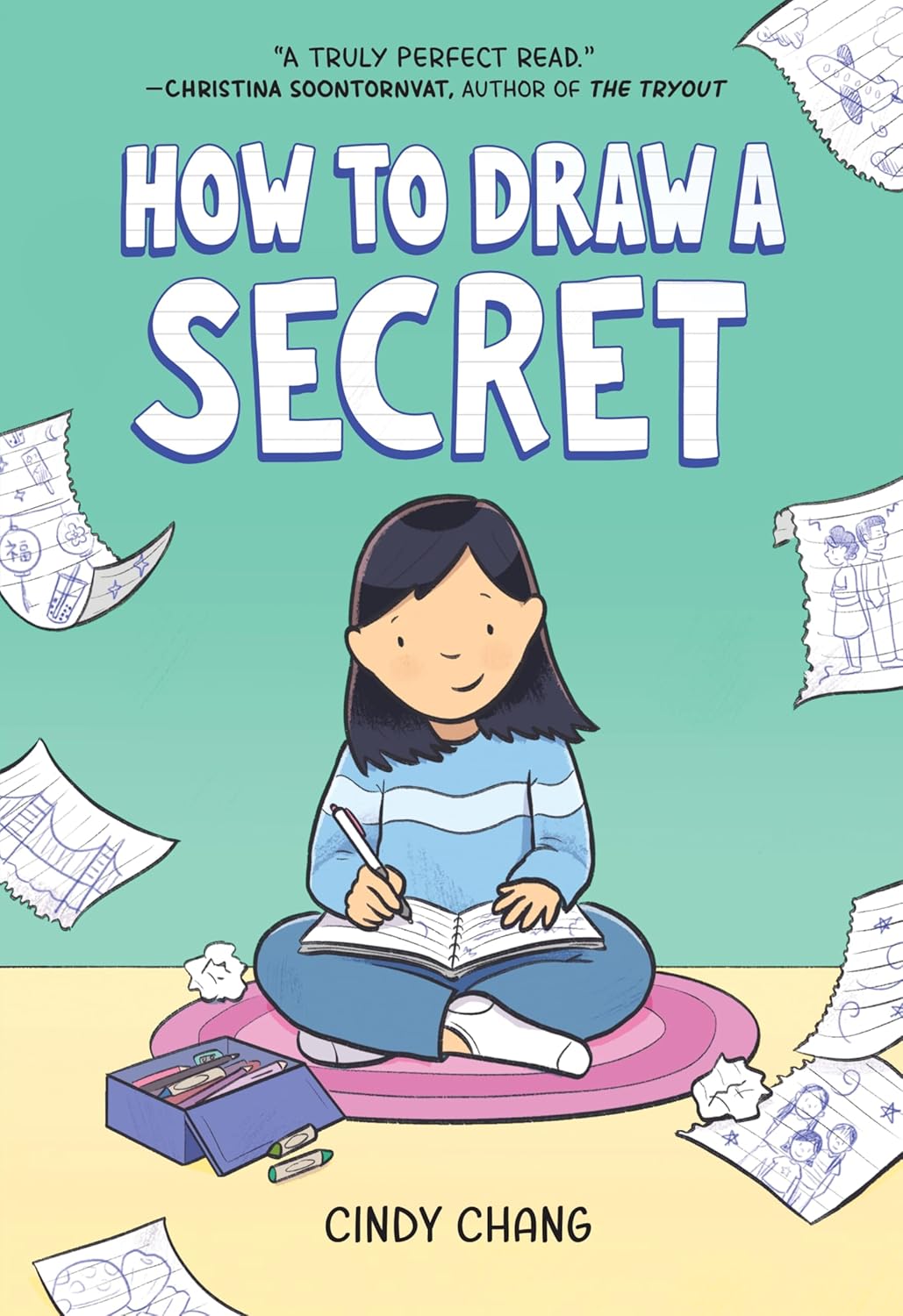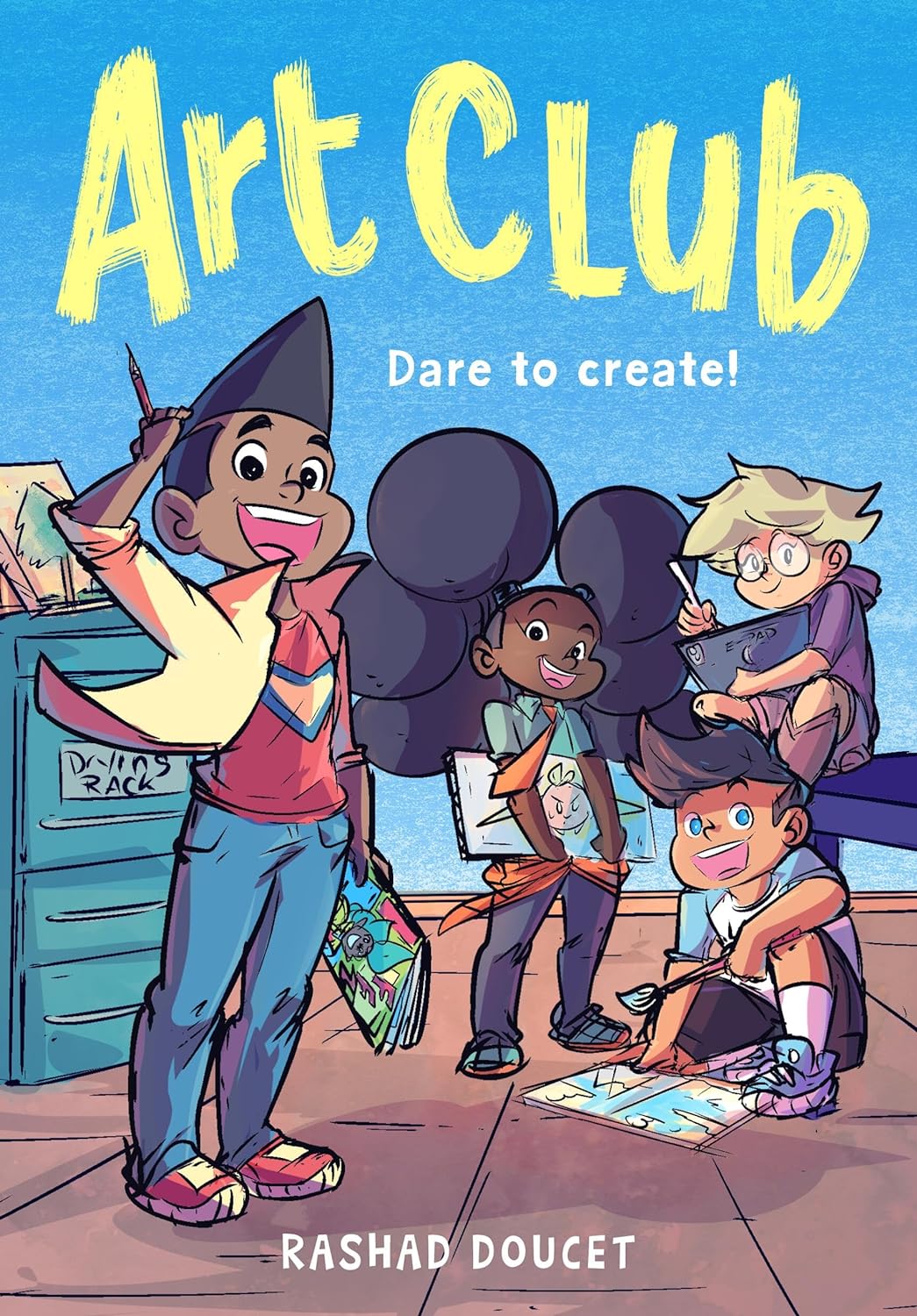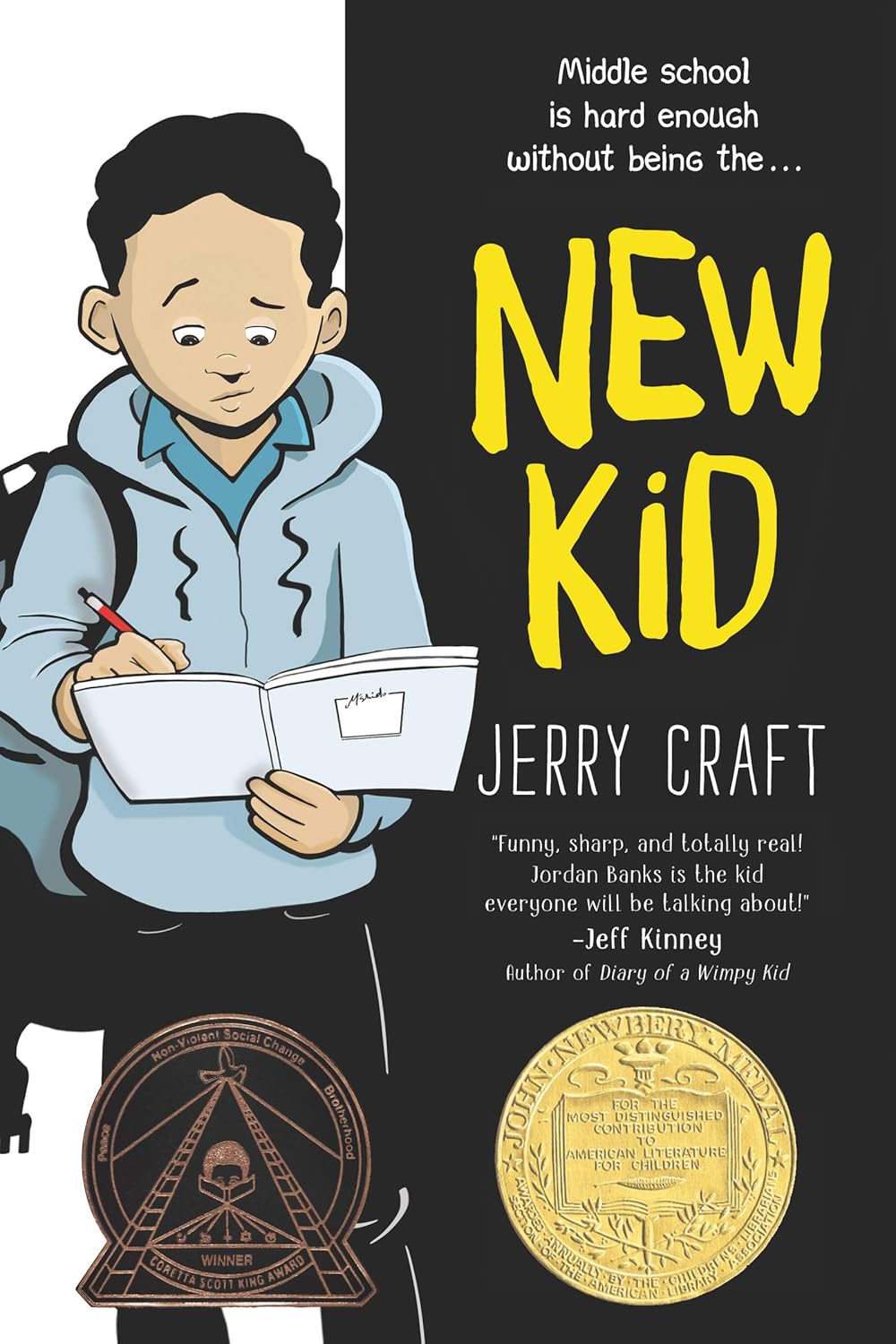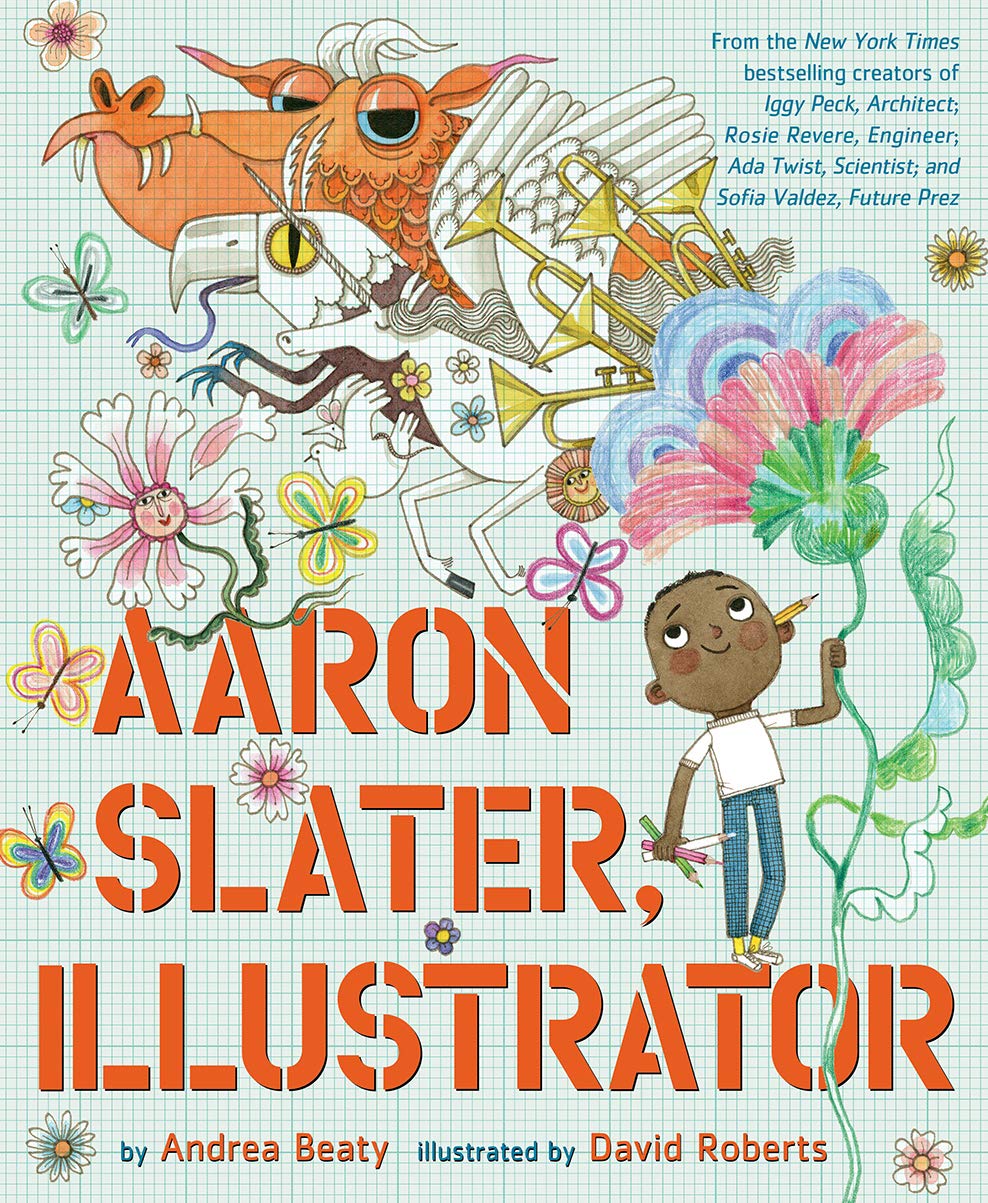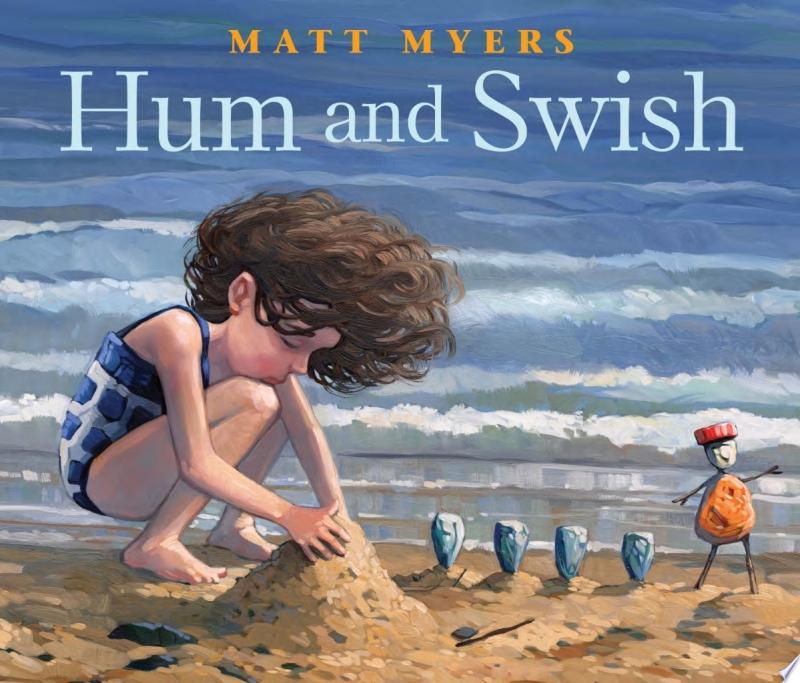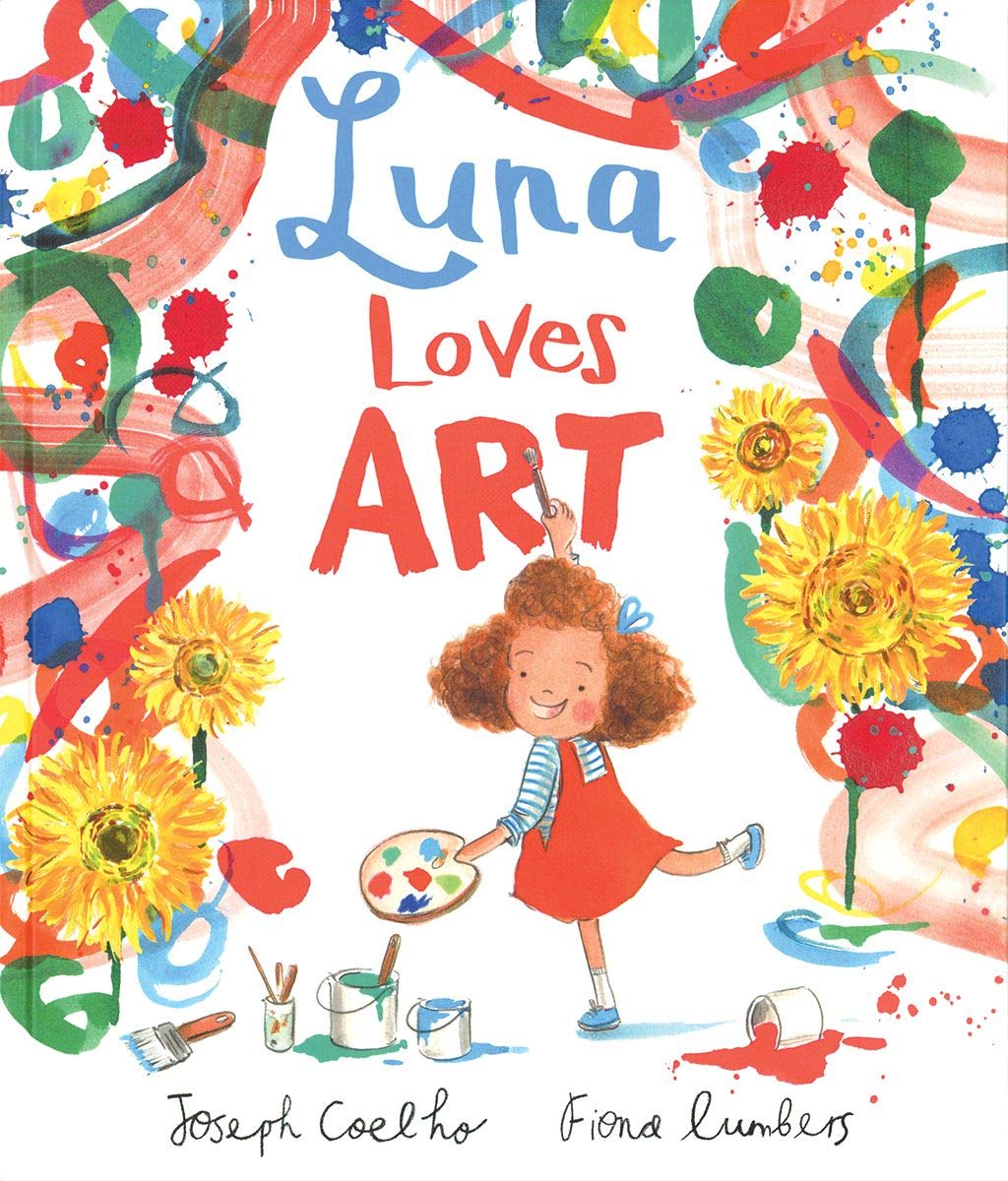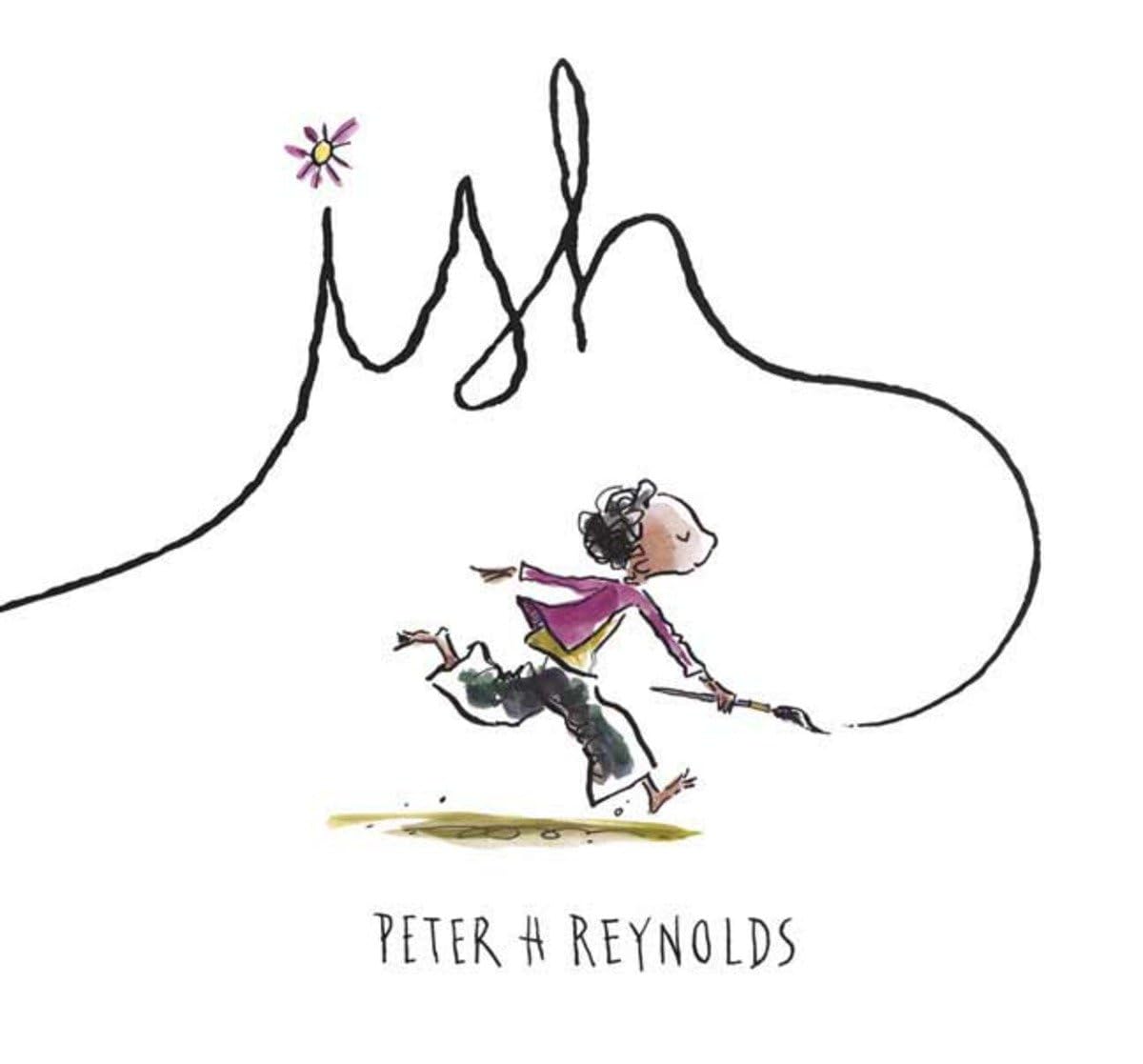Download & Stream
Access ebooks, audiobooks, streaming movies, and more:
The Palace Project (formerly Boundless)
Upcoming Events
Click on event for more details.
Pick up an Oscar ballot at the Info Desks and guess the winning movies for a chance to win a movie theater gift card.
LitLoot is a free literary subscription box filled with a custom selected library book and other goodies. To subscribe for March's box, register between March 1 to 15.
Community Health Educator and MammaCare® certified BSE instructor Sophia Ottomanelli will provide the latest information on breast cancer and teach the MammaCare® Method, the recognized standard for performing breast self-examination.
Build something amazing with the Library’s massive LEGO collection. Start with one of our monthly challenges and then let your imagination guide you in a free build.
Grades K-8
Disclaimer(s)
Due to the room capacity, attendance at drop-in programs is limited to 50 participants.
Stories and songs for our littlest listeners. Please bring a tummy time mat or blanket for the baby. Older siblings welcome.
Birth to 24 months with a parent/caregiver
Disclaimer(s)
All participants should be accompanied by a parent or caregiver.
Practice your English conversation skills while playing games.
The Palace Project
We are happy to introduce our newest digital resource for e-books and audiobooks, The Palace Project. In early December 2025, the eRead Illinois collection (previously available through the Boundless app) transitioned to this new app, which offers over 32,000 titles. You are allowed up to 5 checkouts at a time, with a 14-day loan period.
Dive into a vast collection of ebooks and audiobooks, ranging from classic novels to the latest bestsellers. Whether you’re into romance, mystery, nonfiction, or science fiction we have something for everyone.
To get started, download The Palace Project app via the Apple App Store or Google Play Store. If you have any questions, please contact the Library at 847-965-4220x1. Happy reading!
